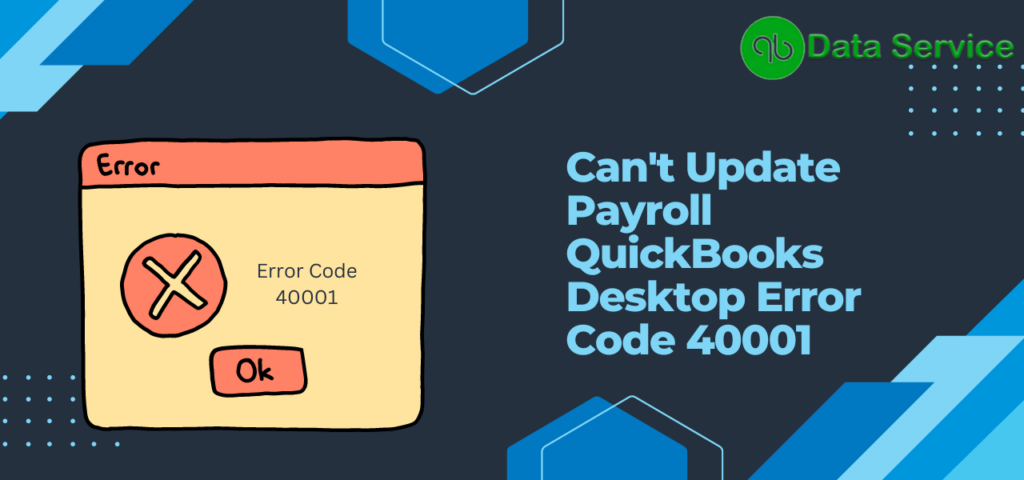QuickBooks is a widely used accounting software that offers efficient solutions for businesses of all sizes. Its user-friendly interface and comprehensive features have made it a go-to choice for many organizations. However, like any software, QuickBooks is not immune to occasional glitches and crashes. Dealing with sudden crashes can be frustrating and disruptive to your workflow, but there are steps you can take to troubleshoot and resolve these issues. In this article, we will explore common reasons why QuickBooks keeps crashing Windows 10 and provide practical solutions to help you get back on track.
Outdated QuickBooks Version:
One of the main reasons QuickBooks may crash is due to running an outdated version of the software. Intuit, the company behind QuickBooks, regularly releases updates to address bugs, enhance security, and improve stability. If you haven’t updated QuickBooks recently, it’s crucial to do so. Simply navigate to the Help menu and select “Update QuickBooks” to download and install the latest version.
Corrupted Company File:
A corrupted company file can cause QuickBooks to crash unexpectedly. This issue often occurs when there are inconsistencies or errors within the data file. To resolve this problem, QuickBooks provides a built-in utility called “Verify Data” that can help identify and fix any issues. Access this feature by going to the File menu, selecting “Utilities,” and then choosing “Verify Data.” If any problems are detected, follow the on-screen prompts to repair the file.
Conflicts with Third-Party Applications:
Sometimes, conflicts between QuickBooks and other applications installed on your computer can lead to crashes. These conflicts can arise due to incompatible software or outdated drivers. To troubleshoot this, try temporarily disabling or uninstalling any recently installed third-party applications. Additionally, ensure that all your drivers are up to date. If the crashes cease after removing a specific application, consider contacting the software’s support team for further assistance.
Insufficient System Resources:
Running QuickBooks on a computer with limited system resources can result in crashes. Insufficient RAM, hard drive space, or processing power can overload the software, causing it to freeze or shut down unexpectedly. To address this, close any unnecessary applications running in the background and ensure that your computer meets the minimum system requirements specified by QuickBooks. If necessary, consider upgrading your hardware to improve performance.
Damaged or Corrupted QuickBooks Components:
In some cases, damaged or corrupted QuickBooks components can trigger crashes. To resolve this, QuickBooks provides a tool called “QuickBooks Install Diagnostic Tool.” This utility can repair various installation-related issues. Visit the Intuit website to download and run the tool following the provided instructions. It will scan your system for errors and automatically fix them.
Conclusion:
Experiencing frequent crashes with QuickBooks can disrupt your business operations and cause frustration. However, by following the troubleshooting steps outlined in this article, you can effectively address many common causes of crashes. Keep in mind the importance of keeping your QuickBooks software updated, regularly verifying data integrity, and resolving conflicts with third-party applications. Additionally, ensure that your system meets the software’s requirements and consider upgrading your hardware if necessary.
For further assistance or more complex issues, it is advisable to contact QuickBooks customer support at 1-888-704-1357. Their team of experts can provide personalized guidance and help you resolve any persistent problems.
Remember, maintaining a stable and reliable accounting software like QuickBooks is vital for efficient financial management. By troubleshooting crashes promptly and effectively, you can ensure uninterrupted productivity and focus on growing your business.

